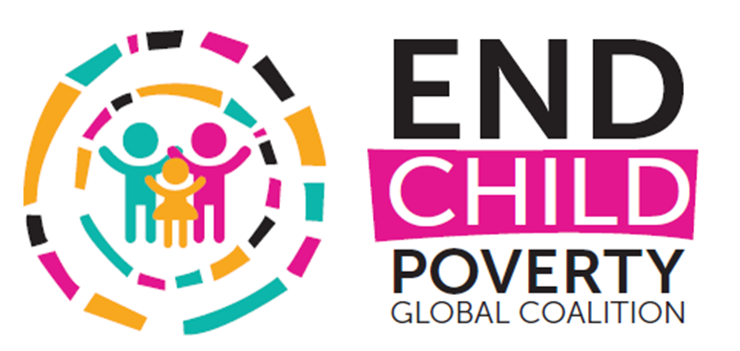Child Poverty: A Call to Tackle its Persistence
Before the Covid-19 pandemic hit, 689 million people across the world were living in extreme poverty and 1.3 billion in multidimensional poverty. Children are disproportionately impacted by poverty; they are twice as likely as adults to be living in extreme and multidimensional poverty and the impact of the global pandemic is to exacerbate this situation. This brief from the Global Coalition to End Child Poverty looks at the drivers of intergenerational persistent poverty and how it can lead to disempowerment, discrimination and stigma, which feed the vicious circle of poverty and exclusion. It shows why tackling the intergenerational persistence of extreme poverty is essential if we are to achieve SDG 1 and ‘build back better’ without leaving behind the most vulnerable children. Doing so requires a focus on both individuals and structural and institutional barriers, and starts with a shift in language.
Key messages:
1. Many of the documents on intergenerational poverty use the term ‘transmission of poverty’. This carries the unfortunate connotation that poverty is a form of social illness that is transmitted from one person to the next - potentially further adding to stigma and mistreatment. Instead, we call for using the term ‘persistence of poverty’, for it implies many other levels of responsibility, including those of governments, in addition to those of parents.
2. With Covid-19 causing many more to fall into extreme poverty, we call for maintaining a focus on those living in chronic poverty.
3. We need greater acknowledgement that poverty, including child poverty, is a deliberate policy choice. Institutional and structural barriers can maintain families in a state of deep and chronic poverty. We argue that tackling extreme poverty requires challenging this status quo.
4. To reverse the current trend and eliminate the persistence of poverty, we need investments in social protection systems providing children and their caregivers with income support and links to other services which can be critical in meeting children’s basic needs and allowing families in poverty to lead a life of dignity. In addition, strong emotional support systems for children are needed as well as policies combating stigmatization, fostering social cohesion and integration.
Title: Child Poverty: A Call to Tackle its Persistence
Author/s: Global Coalition to End Child Poverty
Publication date: July 2021

